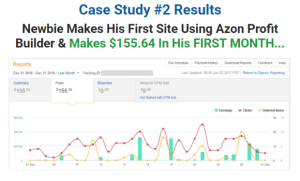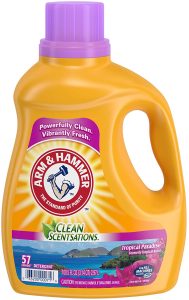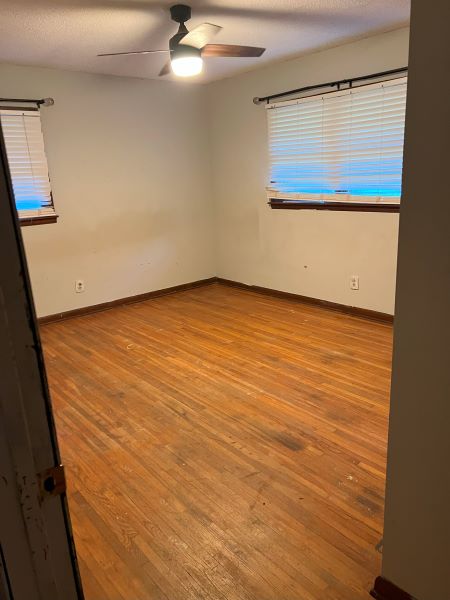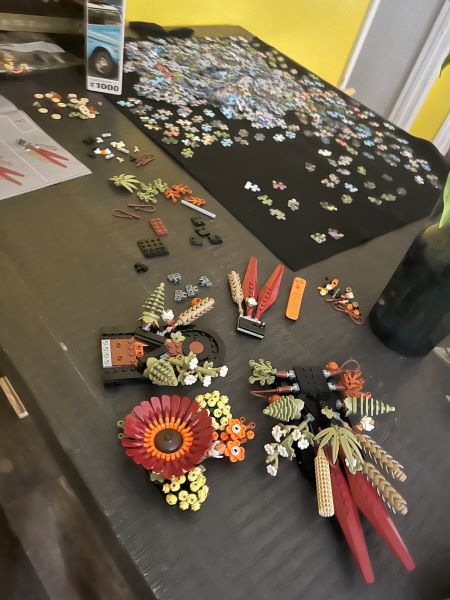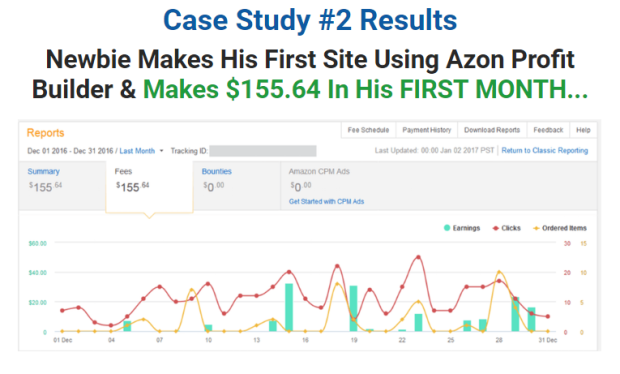Did you just open your first credit card account? Congratulations!
There’s a lot to know about savvy credit card use. Unfortunately, the best place to learn what you need to know so you can protect your financial future isn’t always your credit card company. Here are four important things that your lender might not tell you – but knowing them can spare you a world of financial hurt.
1. Understand What You Owe
When you read your statement, you’ll likely see three different amounts you can pay: the “current balance,” the “statement balance,” and the “minimum payment due,” (or some similar wording).
- The “current balance” is the total you owe on your account, which includes purchases you’ve made after the statement date.
- The “statement balance” is what you owed as of the statement’s issue date.
- The “minimum payment due” is NOT what you owe – it’s just the lowest amount you can pay to prevent accumulating late fees.
If you only pay the minimum amount, you’ll accrue interest, your balance will increase each month and you will find it difficult to ever pay off the balance. To avoid racking up interest, always pay your statement balance. If you carry over ANY of your statement balance to the next month, interest will begin accruing from your statement due date.
2. Know When Your Payment Is Due
Always pay your credit card bill by your statement due date. Your statement will make it very clear what your deadline is, and it will be the same date each month. Many lenders permit you to name your own deadline, so you can choose a date that works best (such as a deadline that falls after payday).
If you’re mailing in a check, be sure to take into account how long it takes to send it via US mail. Eliminate the delay by paying online. Enrolling in e-payments is an easy process that you can take care of with a quick phone call to customer service or by signing into your lender’s online portal.
One trick your lender probably won’t mention is that you can pay at any time, not just at your due date. You can even pay down your bill multiple times a month, or as soon as you conclude a purchase, to help keep your balance low.
3. Don’t Max Out Your Card
Just because your card has a $10,000 limit DOES NOT mean you need to spend that. Remember: Every dollar you charge must be repaid – so the more you charge, the more you owe. And using your card because you don’t have the funds in your bank account is a path to financial ruin.
Your credit limit is also a calculation in your credit score, which is a critical piece of information that lenders use to judge your “creditworthiness” when applying for other loans. Lenders tend to red-flag people who spend more than 30{e6a1e97ec1a15155ca0ed8c3e87721e561c99ed6e52274045963a20278fc2089} of their credit limit. This percentage is known as your credit utilization rate, a ratio of the amount of credit you are using to the amount you have available.
Say your current balance is $2,500 and your limit is $5,000. Your credit utilization rate is 50{e6a1e97ec1a15155ca0ed8c3e87721e561c99ed6e52274045963a20278fc2089}, based on the following formula:
$2,500 / $5,000 = 0.5 X 100 = 50{e6a1e97ec1a15155ca0ed8c3e87721e561c99ed6e52274045963a20278fc2089}
4. Hold Onto Your First Credit Card
Your first credit card will have a big impact on your credit history. As long as you learn to use it responsibly, that impact will be positive.
This also means that canceling your longest-held credit card can damage your credit score. Remember that closing an account automatically decreases your overall credit limit. But more importantly, closing your first card lowers the average age of your credit history – and the major credit bureaus place high importance on your credit history because it provides an overall picture of what kind of borrower you tend to be.
Sure, there may be reasons why a certain credit card doesn’t make sense in your portfolio any longer. Things like paying an annual fee on a card you don’t use or incurring a higher interest rate than you can find with another lender could push you to close the account. But before you make that determination, check how canceling the card will hurt your credit score.
Your new credit card can be a very helpful financial tool – when you know how to use it appropriately (best practice is to pay it off in full each month). If you’ve read these tips and still have questions, it’s important to find the answers. And if you’re not comfortable contacting your lender, please feel free to reach out to us at: DebtGuru.com. One of our friendly advisors will be more than happy to address your credit card questions and offer useful advice on smart credit card practices.






